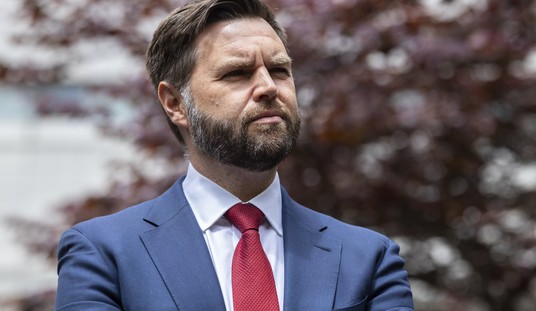48/51, with most of those in opposition “strongly” against it. The crosstabs are full of goodies — e.g., just 21 percent think their family will be better off under ObamaCare, 55 percent think they’ll pay more for treatment versus just 19 percent who say less — but here’s my favorite data point.

He’s been swearing up and down for months that he’s not after a government takeover of health care, and this is what he gets. Likewise, after assuring us ad nauseam that seniors won’t lose any Medicare benefits, the split found by CNN on whether Medicare recipients will likely be better off or worse off under ObamaCare is … 26/43. The guy’s credibility is shot. And yet, as I write this, news is breaking that he’s planning to address a joint session of Congress a week from today, on the dopey theory that one more chorus of “if you like your plan, you can keep your plan” will somehow rally an increasingly skeptical public to his side. We don’t believe you anymore, Barry: Too many out-and-out lies about the numbers, too much doublespeak from prominent Democrats about the public option as a trojan horse for single-payer — just “too much bulls**t” generally, as one attendee at Steny Hoyer’s town hall put it. No wonder the Democrats’ huge lead in party affiliation has collapsed since May.
Two more data points. Bear in mind as you study them that a majority still claims to be in favor of a public option:


This goes back to the point I made last night. So deep is the public’s worry about further government expansion right now that they’re willing to sacrifice measures they might otherwise agree with in principle (like the public option) simply to put the brakes on and preserve the status quo. Karl made the same point in the Greenroom this morning and Sean Trende, crunching the numbers from the Republican wave that followed the HillaryCare debacle, sounds a similar note:
Democrats may counter that some polls show that the actual pieces of Obama’s plan have majority support. This doesn’t matter. What matters is that what the public understands to be in Obama’s plan isn’t popular. Polling from 2005 showed that Bush’s actual plan for social security – allowing younger workers to invest a portion of their Social Security taxes in private retirement accounts – split the public 50-50, while people disapproved of the perceived Bush plan – “privatization” – by a 2:1 margin. Perception is what matters, and right now the public is against what it perceives as being the Obama plan; the late summer push to educate voters seems to have failed.
Nor can Democrats likely count on the public “waking up” to what a great bill they’ve passed by 2010. Key portions of it, such as the “public option,” don’t come into being until well after the election.
Again, this is fundamentally a credibility problem. The public may love love love the public option in isolation, but it views the promise of a modest, deficit-neutral program against the backdrop of government expansion in all directions and mind-boggling debt as far as the eye can see. And since that backdrop’s going to remain for the foreseeable future, I don’t see how Obama avoids this same problem with the rest of his agenda going forward. His prospects are, shall we say, thoroughly wee-wee’d up.








Join the conversation as a VIP Member